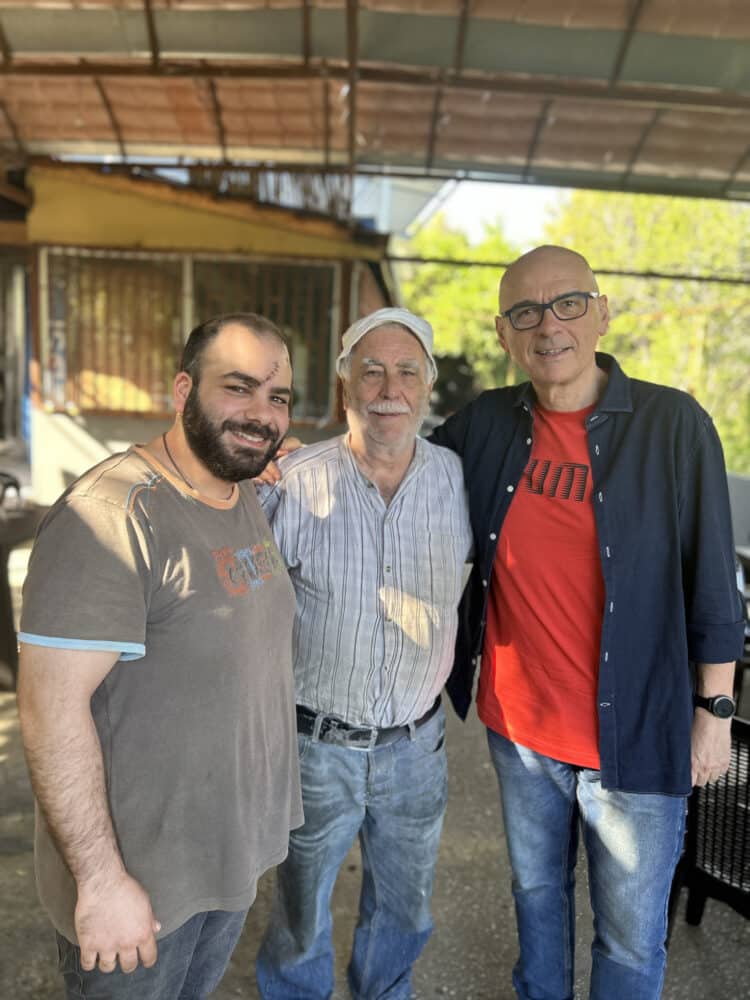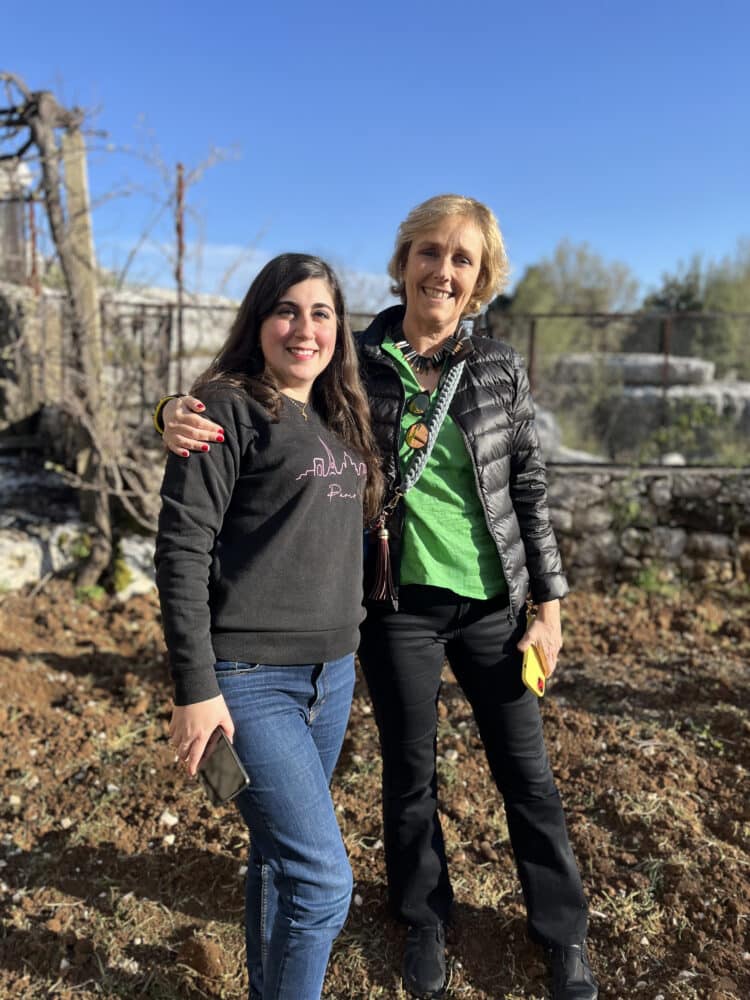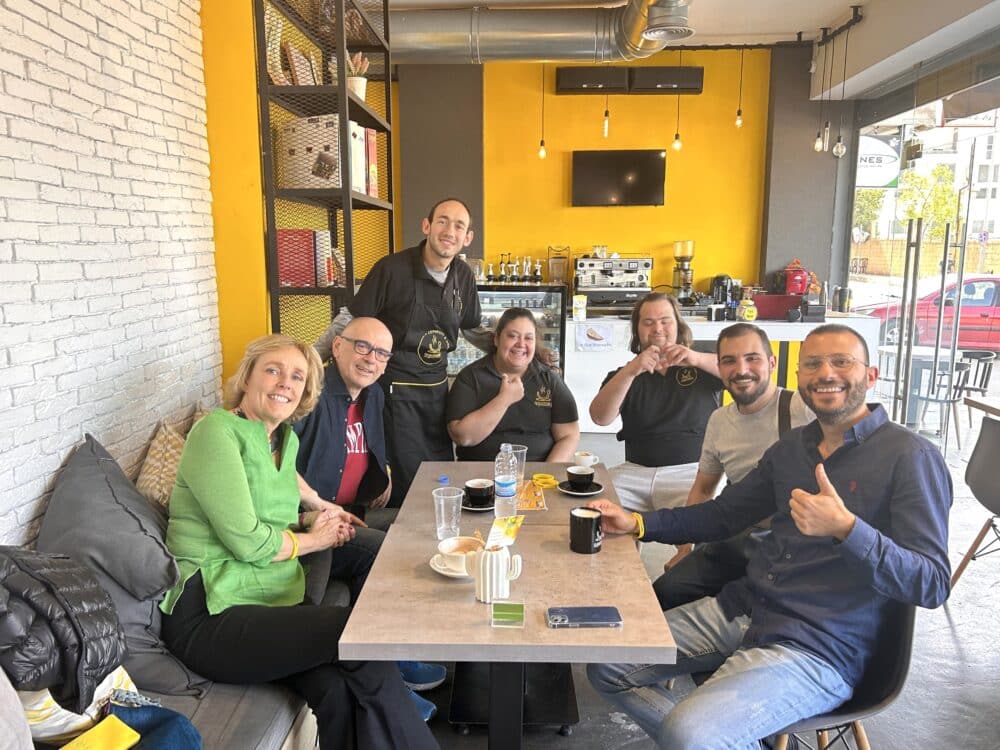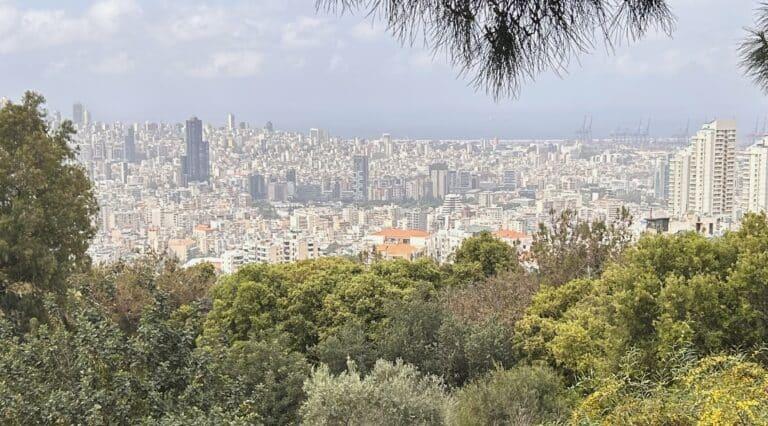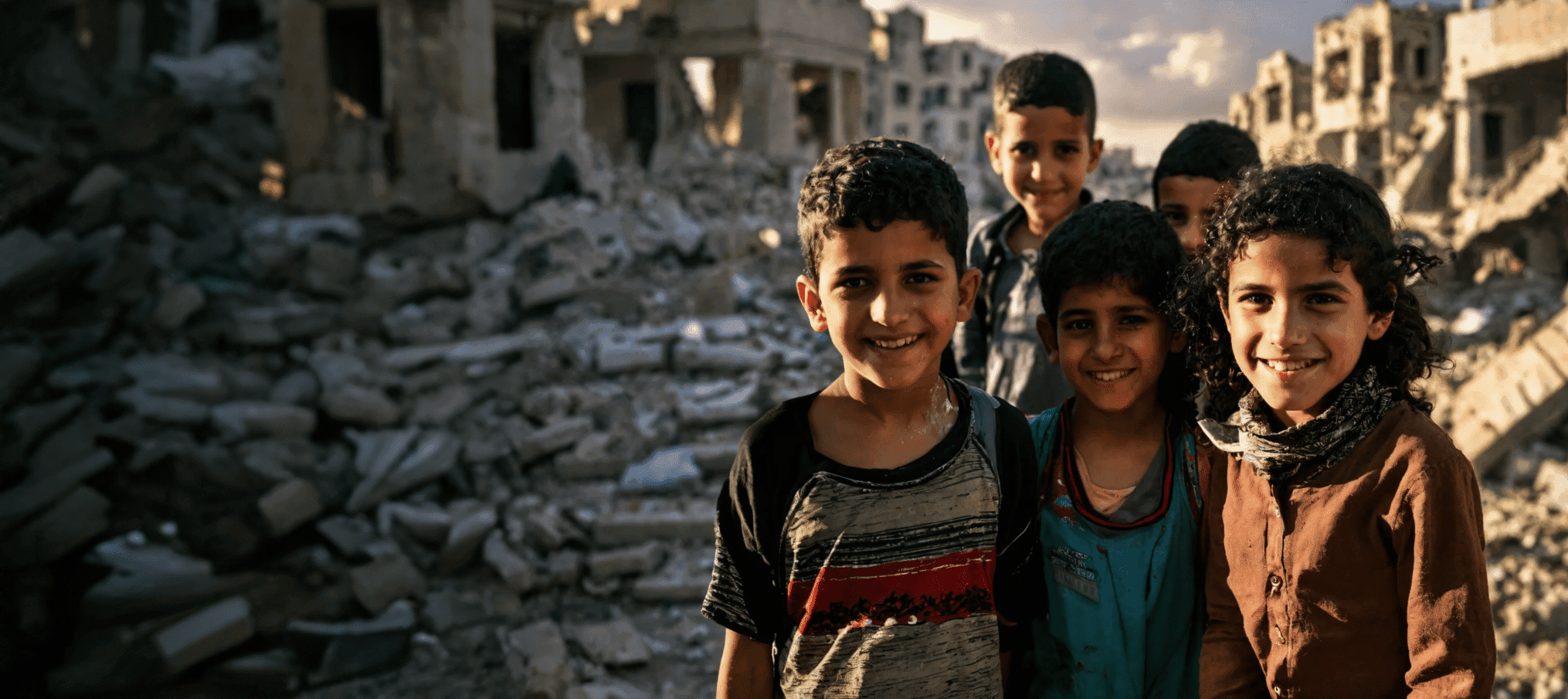"I thought I would find an afraid country, disheartened by another difficulty looming on the horizon - the imminent war - but instead I found a resilient Lebanon. The city was chaotic, speaking with the youth of Beirut doesn’t leave the impression of facing people devoid of a future. There is optimism, despite the average salary being $90 per month and a coffee costing the same as in downtown Milan."
In the first days of April, accompanied by the arrival of spring, our collaborator Guendalina Sassoli – one of the project managers of WIP project - went to Lebanon, in Beirut, with Paolo Fumagalli – president of WIP’s Advisory Board - to follow the progress of the startups that Pro Terra Sancta supports through the project. We asked her to tell us about the trip, curious to have news about the country, the progress of the activities, and the young people who manage them. The first thing she did upon arriving in the city was to go out into the street, in the neighborhood where the office of Pro Terra Sancta is located, to gather the impressions and thoughts of those who actually live in the city of Beirut.
What atmosphere did you perceive during these interviews? What is the most widespread feeling among young Lebanese today?
I wanted to talk to passersby for a chat: I wanted spontaneous answers, not those that are prepared for an interview conducted in an office. I talked to five young passersby and a young bartender, and their answers to my questions about the future of Lebanon were surprisingly positive: they have the impression that the situation in the country is improving day by day, and that a future for them is not only possible, but practically certain.
What do you think is the reason for this optimism? It is an astonishing climate, considering the situation in which Lebanon currently finds itself...
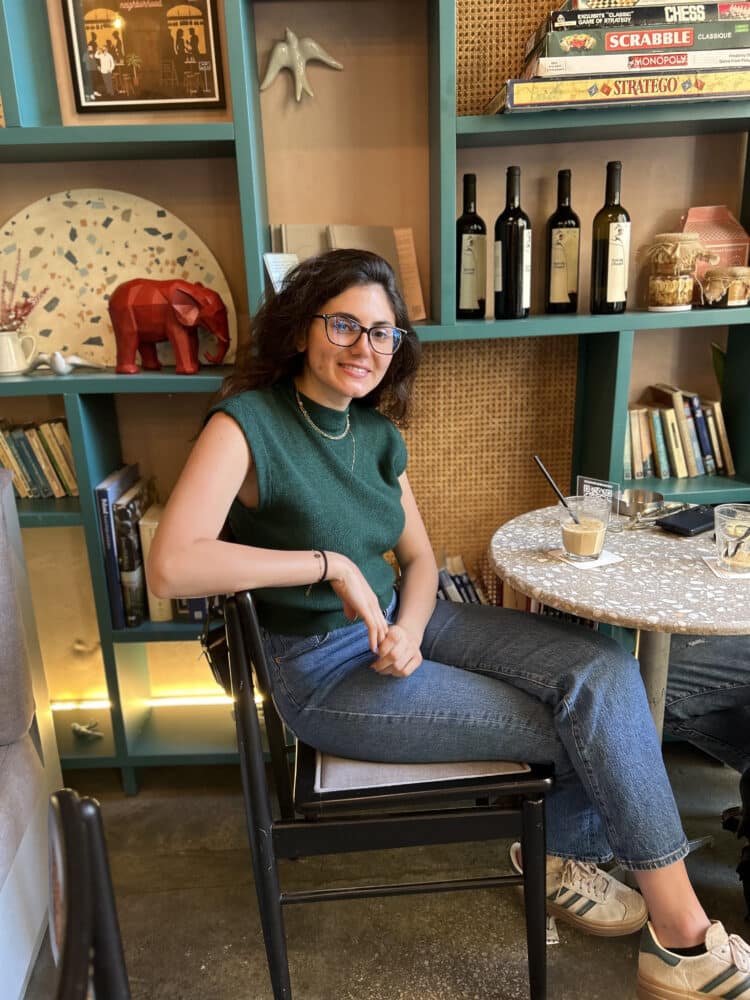
I believe there are several reasons behind these unexpected responses. First of all, it is important to keep in mind the context of these interviews: our office in Beirut is located in a central position, in a strongly westernized area, so talking to people who meet there to have a coffee means dealing with a certain segment of the population, which cannot be considered representative of the entire community. In addition, a girl I spoke to lives in France, and this is also an element that I would take into consideration: those who, like her (and like the other 12 million Lebanese who have left), do not live in Lebanon clearly see a future, because they are building it elsewhere.
Others, however, live in Beirut, like the bartender I met: he had found work abroad, in Iran, but decided to return to live and work in Lebanon. His salary in Iran was no higher than what he would have earned in Beirut, and he finds that there is a higher quality of life here, and better prospects. When I asked him what he thinks the future of Lebanon is, he replied: "The situation has improved now, everyone is adapting. This country will never stop growing, despite everything that is going on." It's a striking point of view.
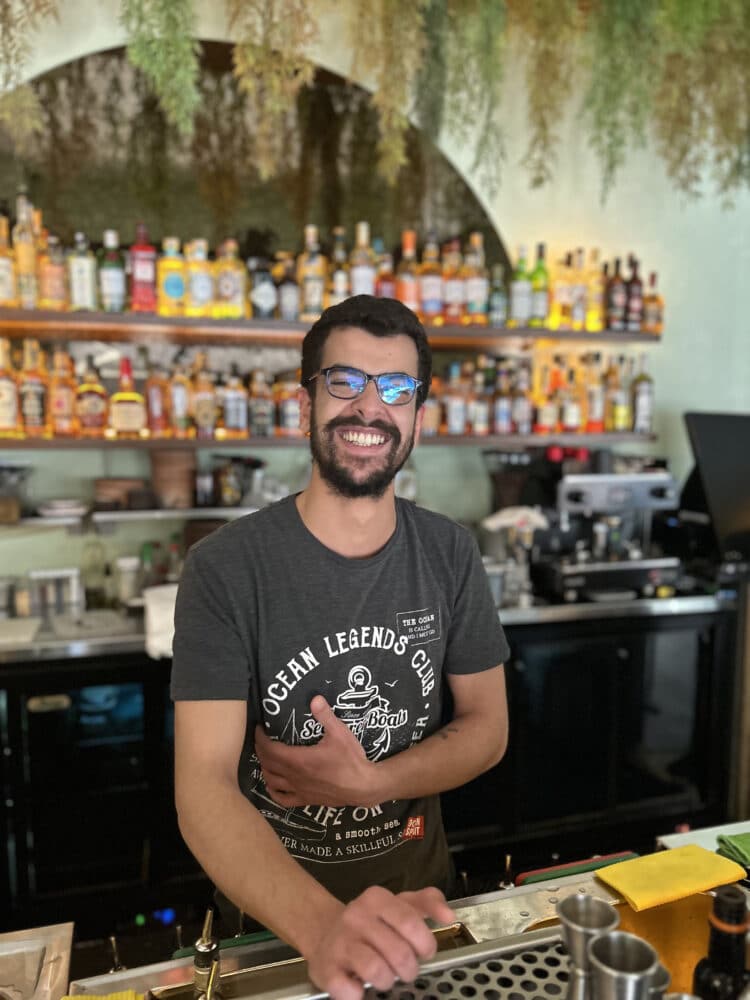
My feeling is that these young people are not fully aware of the real situation in Lebanon, and that is why they believe in it so much. Turning to others, perhaps to people attentive to international dynamics, the answers are completely different: the possibility that the country, with a new war, could cease to exist is concrete and, unfortunately, not unlikely. But for these young people this is their daily life, and for them it is normality: resilience is a skill that the Lebanese have been forced to learn, and they hold on to it.
What updates can you give us on WIP?
Also in this case I found my expectations upset; I was afraid of finding myself in front of shipwrecked businesses, people shot down, and instead everyone proceeds by continuing to commit and hope, both in the future of Lebanon and in that of their start-ups. Some projects have stalled, but due to practical reasons, such as the excessively high cost of the machinery needed to freeze-dry the fruit, which would have prevented Brisky's business from making a profit; the others are proceeding, with the prospect of growing and expanding more and more.
Tell us about some guys you've met!
We went to visit George's Bakery and found a place that was still dilapidated but ready to be fixed: we hope to have found the financing with which George will be able to secure his beautiful terrace to be able to accommodate customers, so that he no longer has to limit himself to delivery to sell his products. He will be able to increase his monthly income, which currently amounts to about a hundred dollars a month, and ensure a more peaceful life for himself and his elderly father.
We then went to the Agro Paola farmhouse, where Paola cultivates trees and plants to produce jams and quality handicrafts to be shipped and sold at fairs; to increase her income prospects, we are thinking of investing in the renovation of the house adjacent to the garden to turn it into a small bed and breakfast.
The Agonist project, created by Wassim as a restaurant in which to hire young people suffering from disabilities, plans to expand in a new form: two of the employees, George and Farah, would like to open a bar where they will no longer be employees, but partners. It was wonderful to witness the phone call with which George announced the news to his family: I realized how much good we are really doing, how we are really changing the lives of those who work with us. George, at that moment, was a happy man.
Jimmy is also having great success with his rental power generator system, so much that he has received an offer to buy the company or a portion of the shares, and we are evaluating the proposal together. This is another very nice aspect of the WIP project: we offer, in addition to funding and the support of tutors, a constant mentorship that makes the children feel safe and protects them, economically as well as psychologically. They are never alone, they have their backs covered and they know it.
Does it make sense to invest in Lebanon and plan a future there?
As far as I have been able to see and hear from the people interviewed in the bars and from the young people of WIP, there is no perception at all of an apocalyptic climate, of a country devoid of future and hope; The Lebanese are willing and ready to commit, certain that they will overcome this too. Yes, it is right to believe in them and it is right to invest in them and believe in them, because they continue to believe in themselves and in their possibilities. They are a trusting people who go on in spite of everything, despite the immense difficulties and the fear that never goes away, and I believe that this should be rewarded: Lebanon deserves support, moral and concrete, to have a chance of really succeeding.
